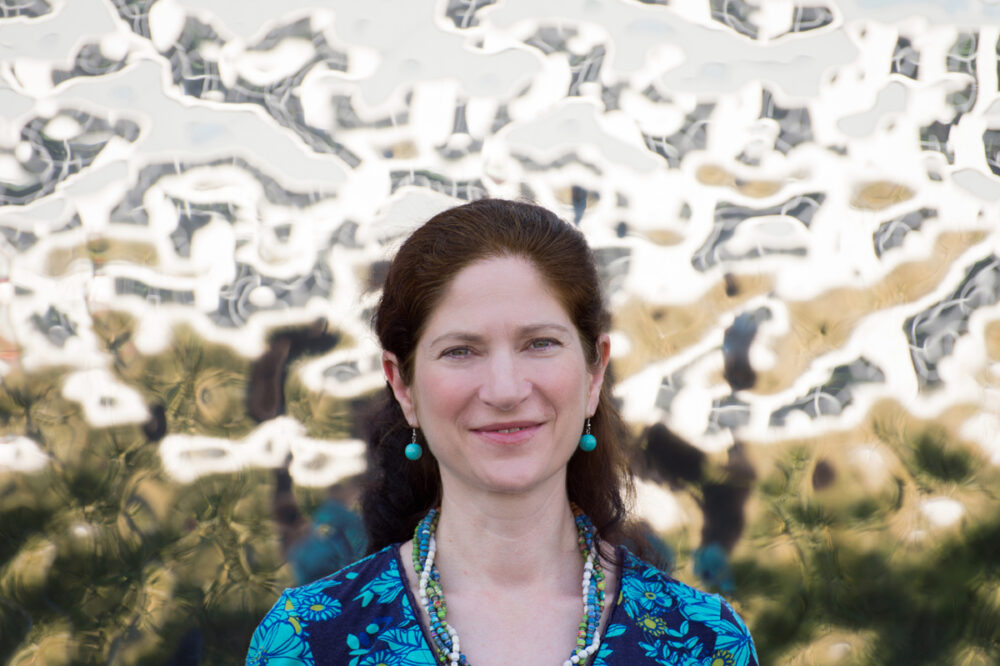Co-author of the latest IPCC report, professor of ecological economics at the University of Lausanne, Julia Steinberger is an active campaigner for the preservation of biodiversity and for the defense of the climate. What is her relationship with the media? This interview is taken from our 10th publication „Mediation“, available at this link.
You are co-author of the latest IPCC report, which since 1990 has been warning about the human origin of climate change. What do you expect from the media?
Julia Steinberger : The media has a lot of catching up to do. They must also assess their own role and responsibility in climate inaction. On the catch-up side, it is essential to treat the climate and ecological crises in a cross-cutting way, in all sections of news and culture, even sports. It is therefore essential that all journalists and commentators receive basic training on climate and ecological issues. The media must also assess their own role in the decades of inaction from 1990 to the present. They have allowed themselves to be manipulated by misinformation and scientific denial from the fossil fuel industry lobbies, and have often insisted, until very recently, on presenting „both sides“ of the climate issue – when the scientific consensus was long established. In the UK, for example, until 2018, BBC rules insisted that a climate skeptic had the floor if a climate scientist was interviewed! This has contributed to sow doubt in the minds of citizens and politicians, with the consequences we see all around us…
In addition to your scientific activities, you are involved in politics and in environmental action movements. Why are you involved?
For me it is a question of full participation in citizenship. I am convinced that the last decades of climate and ecological inaction represent the failure of a model of science apart from society. If we are holders of knowledge with vital and urgent consequences for the rest of humanity, we cannot limit ourselves to writing reports and whispering that the house is burning down to a few politicians. We must participate in putting out the fire, by all possible non-violent and democratic means. For me, the question should be reversed: if you are a scientist, how can you not participate in citizen movements that take science seriously?
In your opinion, how can scientific knowledge, journalistic information and militant action be articulated so that citizens take up ecological issues?
Power games, misinformation and corruption are our main obstacles. The most important thing is to have honesty and integrity, and to play the game of transparency. Of course, we can disagree on the best strategies and tactics, and debate them. However, we absolutely must be aligned and in solidarity on the most important thing: our roles and responsibilities in maintaining the livability of our planet. We may disagree on the forms of action, but we all have an absolute duty to act.

